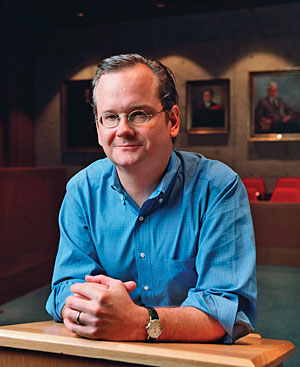Eliminate the FCC?


Newsweek's headline writers call it a "reboot" but Lessig is clear.
You can't fix DNA. You have to bury it. President Obama should get Congress to shut down the FCC and similar vestigial regulators, which put stability and special interests above the public good.
I have written against the FCC here in the past, but they merely ran the spectrum auctions that made government co-conspirators in the AT&T-Verizon monopoly program. The spy programs that were the quid pro quo were run out of Justice.
They didn't start the fire. They were just the firemen who looked after the fire.
Much of Lessig's piece is a jeremiad against monopolies, which are under the Federal Trade Commission as well as Justice. His real goal is the creation of an innovation EPA (iEPA), a new agency tasked with reducing roadblocks to innovation.
That's the problem. Any government institution can be corrupted, any set of safeguards overrun with time and money. There are plenty of existing positions and agencies from which science might find ascendency, starting with the science adviser.
I am not certain we need to always build government while we're tearing parts down in the name of reform. Some parts of the FCC's mandate (assuring against spectrum interference) are also necessary. They could be moved to other (smaller) offices.
Critics will claim Lessig is merely seeking the appointment of an "innovation czar" and applying for the position. Again, a good man can always be replaced by a worse one. A President McCain might have put Carly Fiorina in this job.
Open source is thus left with its constant choices. You can put your faith in men, you can put your faith in institutions, or you can put your faith in laws, and those who serve the law.
What say you? Which offers innovation its best protection? [poll id=96]